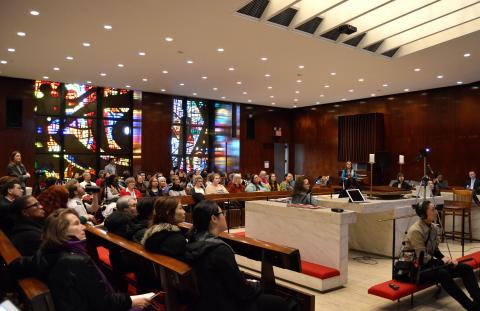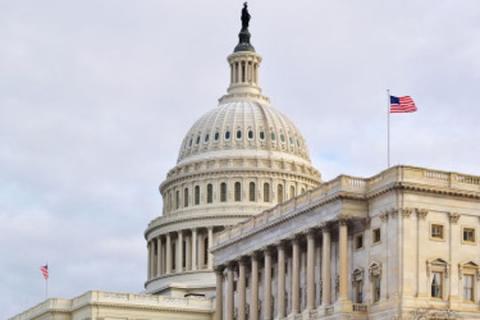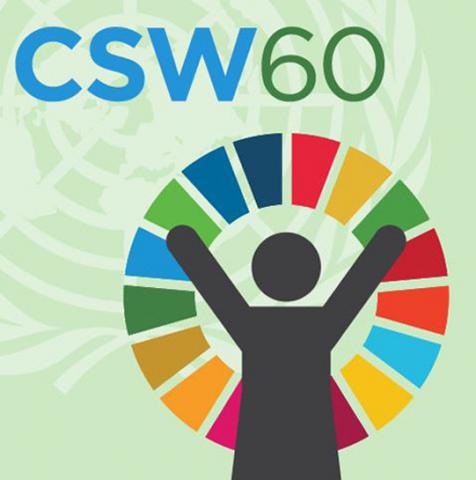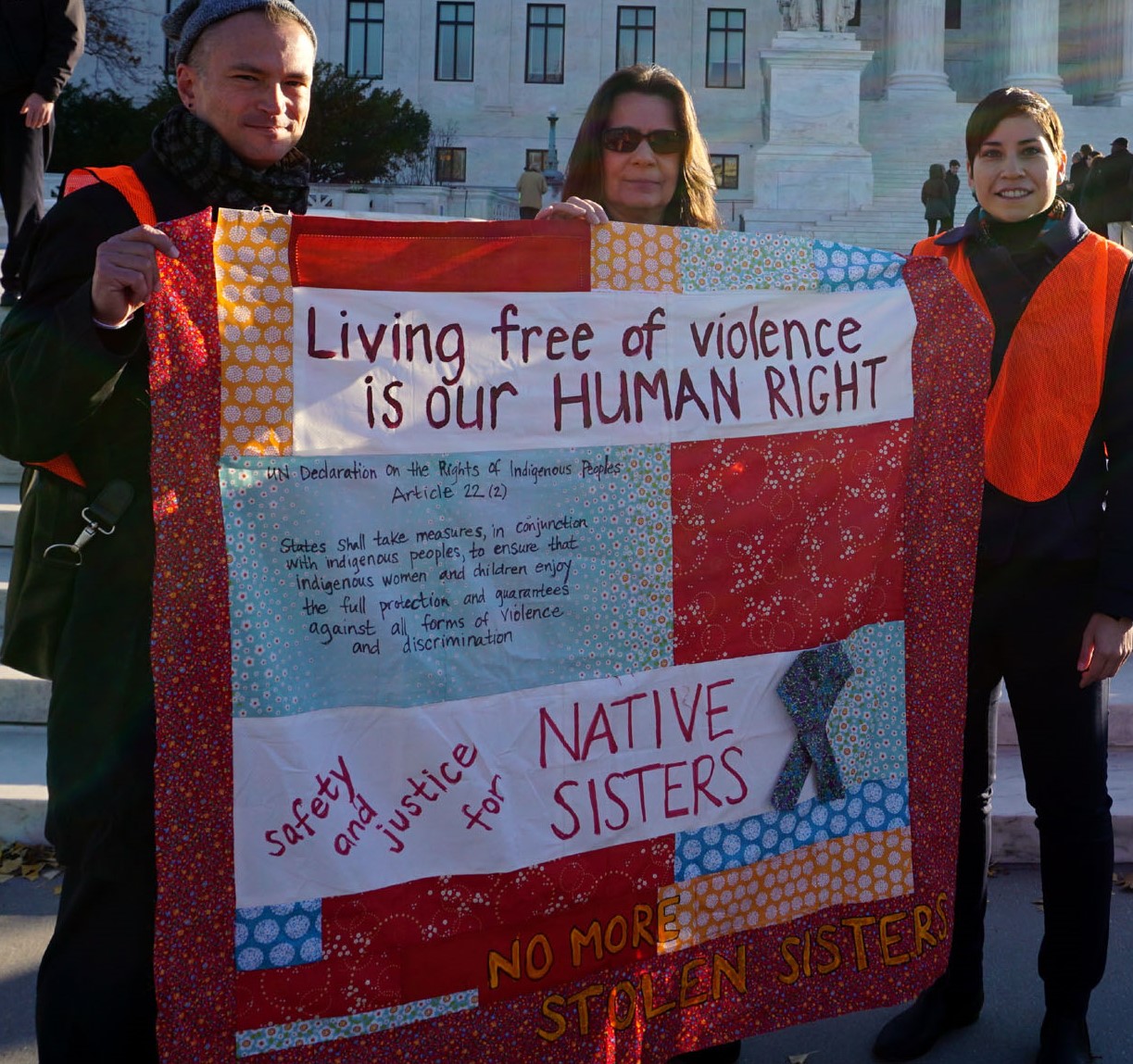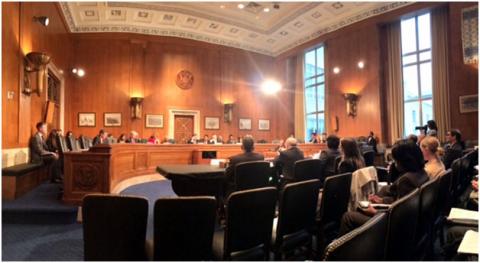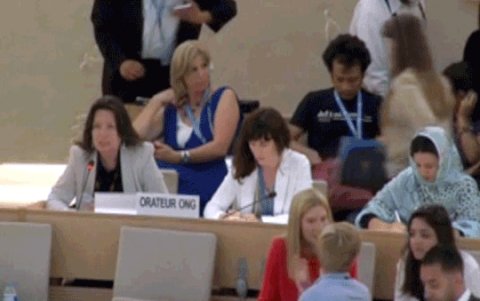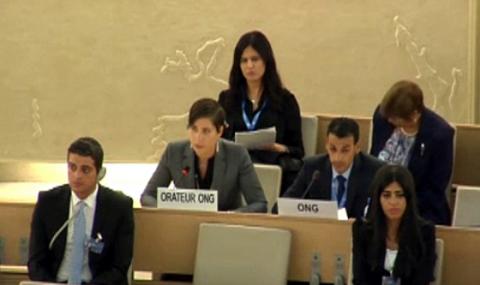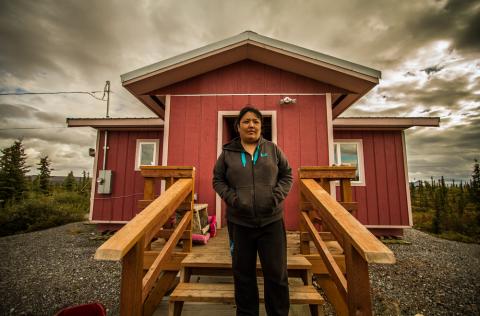In the United States, violence against indigenous women has reached unprecedented levels on tribal lands and in Alaska Native villages. More than 4 in 5 American Indian and Alaska Native women have experienced violence, and more than 1 in 2 have experienced sexual violence. Alaska Native women continue to suffer the highest rate of forcible sexual assault and have reported rates of domestic violence up to 10 times higher than in the rest of the United States. Though available data is limited, the number of missing and murdered American Indian and Alaska Native women and the lack of a diligent and adequate federal response is extremely alarming to indigenous women, tribal governments, and communities. On some reservations, indigenous women are murdered at more than ten times the national average.
Statistics define the scale of the problem, but do nothing to convey the experience of the epidemic. They tell part of the story, but fail to account for the devastating impacts this violence has on the survivors, Indian families, Native communities, and Indian nations themselves. Native children exposed to violence suffer rates of PTSD three times higher than the rest of the general population. Nevertheless, the statistics make absolutely clear that violence against Native women is a crisis that cannot wait to be addressed.
The Center’s Safe Women, Strong Nations project partners with Native women’s organizations and Indian and Alaska Native nations to end violence against Native women and girls. Our project raises awareness to gain strong federal action to end violence against Native women; provides legal advice to national Native women’s organizations and Indian nations on ways to restore tribal criminal authority and to preserve tribal civil authority; and helps Indian nations increase their capacity to prevent violence and punish offenders on their lands.
RACIAL DISCRIMINATION AND DENIAL OF EQUALITY UNDER THE LAW
It is outrageous that the vast majority of these women never see their abusers or rapists brought to justice. An unworkable, race-based criminal jurisdictional scheme created by the United States has limited the ability of Indian nations to protect Native women from violence and to provide them with meaningful remedies. For more than 35 years, United States law has stripped Indian nations of all criminal authority over non-Indians. As a result, until recent changes in the law, Indian nations were unable to prosecute non-Indians, who reportedly commit the vast majority (96%) of sexual violence against Native women. The Census Bureau reports that non-Indians now comprise 76% of the population on tribal lands and 68% of the population in Alaska Native villages. Many Native women have married non-Indians. However, it is unacceptable that a non-Indian who chooses to marry a Native woman, live on her reservation, and commit acts of domestic violence against her, cannot be criminally prosecuted by an Indian nation and more often than not will never be prosecuted by any government.
Federal and state officials having authority to protect Native women and girls are failing to do so at alarming rates. By their own account, between 2005 and 2009, U.S. attorneys declined to prosecute 67% of the Indian country matters referred to them involving sexual abuse and related matters. Even grimmer, due to the lack of law enforcement, many of these crimes in Native communities are not even investigated.
United States law creates a discriminatory system for administering justice in Native communities−−a system that allows criminals to act with impunity in Indian country, threatens the lives and violates the human rights of Native women and girls daily, and perpetuates an escalating cycle of violence in Native communities. Women who are subjected to violence should not be treated differently and discriminated against just because they are Native and were assaulted on an Indian reservation or in an Alaska Native village!
VIOLATION OF HUMAN RIGHTS
All this highlights the United States’ failure not only under its own law, including the trust responsibility to Indian nations, but also its obligations under international human rights law such as the United Nations Declaration on the Rights of Indigenous Peoples. Perhaps the most basic human right recognized under international law is the right to be free of violence.
Through international advocacy, the Center and its partners not only educate, but also add world pressure on the United States regarding its obligations to end the epidemic of violence against Native women. Toward that end, the Center and its partners have raised awareness about violence against Native women in the United States within the United Nations through its Committee on the Elimination of Racial Discrimination (2007), Special Rapporteur on Contemporary Forms of Racism (2008), Special Rapporteur on Violence Against Women (2011), Special Rapporteur on the Rights of Indigenous Peoples (2012), and repeatedly through the Human Rights Council and the Permanent Forum on Indigenous Issues.
The Center and its partners also have brought regional international attention to violence against Native women within the Organization of American States (OAS). In 2008, on behalf of numerous nonprofit organizations and tribal governments, the Center and Sacred Circle National Resource Center to End Violence Against Native Women submitted an amicus brief in support of Jessica Gonzales Lenahan, who filed the first human rights case involving domestic violence in any international body against the United States. The case, which involved the deliberate failure of local police to enforce a domestic violence protection order, did not arise in Indian country. However, it has major implications for Native women who rarely see their abusers brought to justice. In 2011, the Center and its partners, the NCAI Task Force on Violence Against Native Women and the National Indigenous Women’s Resource Center, participated in the first ever thematic hearing on violence against Native women in the United States before the Inter-American Commission on Human Rights. The Commission has since expressed concern about violence against indigenous women in the United States, noting that such situations tend to be accompanied by impunity and urging the United States to address this violence through laws, policies, and programs. In 2018, the Center, the Alaska Native Women's Resource Center, and the National Indigenous Women's Resource Center participated in a second thematic hearing on violence against Native women in the United States. The hearing paid particular attention to the urgent situation of Alaska Native women, who are vastly over-represented in the domestic violence population and terribly underserved by state law enforcement, and also to the crisis of missing and murdered indigenous women.
REFORMING FEDERAL LAW TO RESTORE SAFETY TO NATIVE WOMEN
The Center collaborates with Native women’s organizations and Indian nations to change and improve United States law that unjustly restricts Indian nations from adequately investigating, prosecuting, and punishing these crimes against all perpetrators. The Center supports efforts to strengthen Indian nations in restoring safety to Native women. Our project recognizes that protection of Native women must involve strengthening the ability of Indian nations to effectively police their lands and prosecute and punish criminal offenders.
A center piece of our work with partner organizations has concerned the reauthorization of the Violence Against Women Act (VAWA), which expired in 2011. The Indian Law Resource Center, the National Congress for American Indians Task Force on Violence Against Women, Clan Star, Inc., and the National Indigenous Women’s Resource Center have been working both domestically and internationally to restore safety to native women and to protect their most basic human right, the right to be free of violence. We supported efforts to add provisions to VAWA that would restore tribal criminal authority to address violence against Native women by non-Natives in Indian country. In 2012, the Senate passed such a bill by a strong bipartisan vote, however, the House stripped out protections for the most vulnerable, including Native women. Then, time simply ran out for the 112th Congress, leaving the lives of Native women threatened daily and tribes as the only governments in the United States without authority to protect women from domestic and sexual violence in their communities.
The 113th Congress acted quickly, passing a bipartisan VAWA with tribal provisions intact. On March 7, 2013, President Obama signed the Violence Against Women Reauthorization Act of 2013 (VAWA 2013) into law, an historic step forward that reflects not only the United States’ commitment to protect Native women from domestic violence, dating violence, and violations of protective orders, but also its restoration and reaffirmation of inherent tribal sovereignty to protect their citizens from violence. Tribal participation in the new jurisdictional provisions is voluntary. VAWA expired in 2018 and is pending reauthorization in the 116th Congress.
TRAINING NATIVE COMMUNITIES
Restoring tribal criminal authority will only end violence against Native women if Indian nations have the institutional capacity and readiness to exercise such jurisdiction. Many Indian nations are developing the infrastructure for tribal justice systems to provide safety to Native women and girls within their territories, including tribal police departments, codes, and courts. Many have domestic violence codes; training for tribal law enforcement, tribal courts, prosecutors, and probation officers; and various programs for domestic violence offenders.
The Safe Women, Strong Nations project contributes to these efforts by providing Indian nations and Native women’s organizations with assistance to build the capacity of Indian nations to investigate, prosecute, and punish those who commit violence against Native women and restore safety to Native women. This includes assisting Native women’s organizations and Indian nations in better understanding criminal jurisdiction in Indian country and implementing provisions in the Tribal Law and Order Act and VAWA 2013. The Center also assists and prepares Native women’s organizations and Indian nations in using international advocacy to end violence against Native women.
FOR MORE INFORMATION
For further information, visit our Safe Women, Strong Nations project at https://indianlaw.org/safewomen.

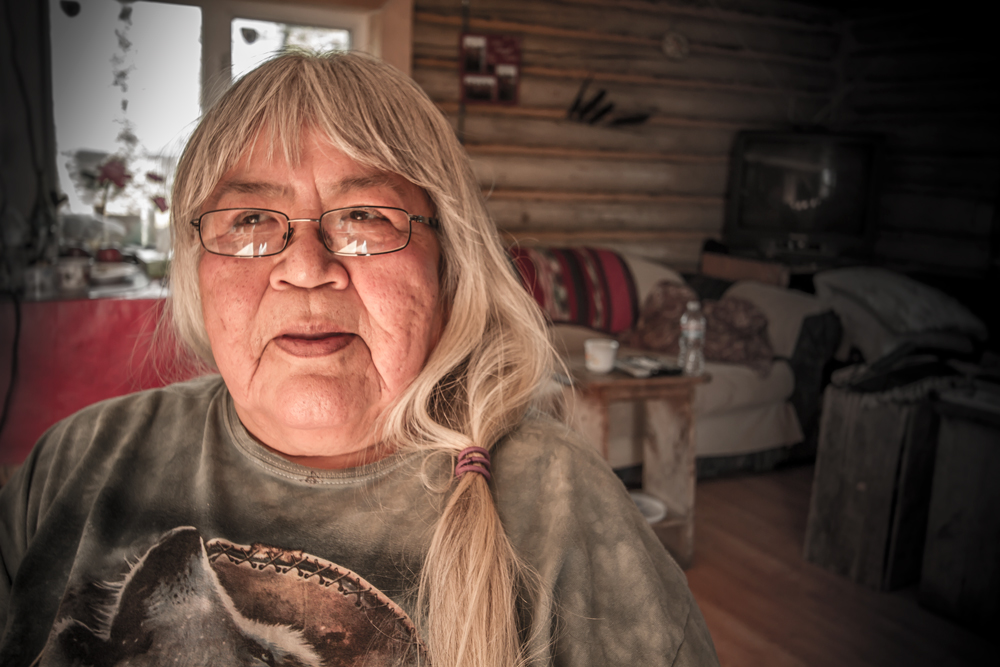

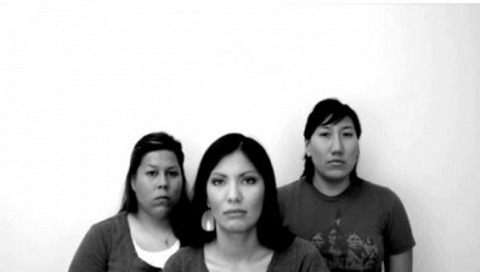
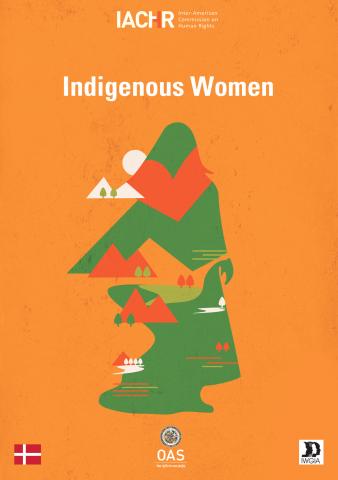
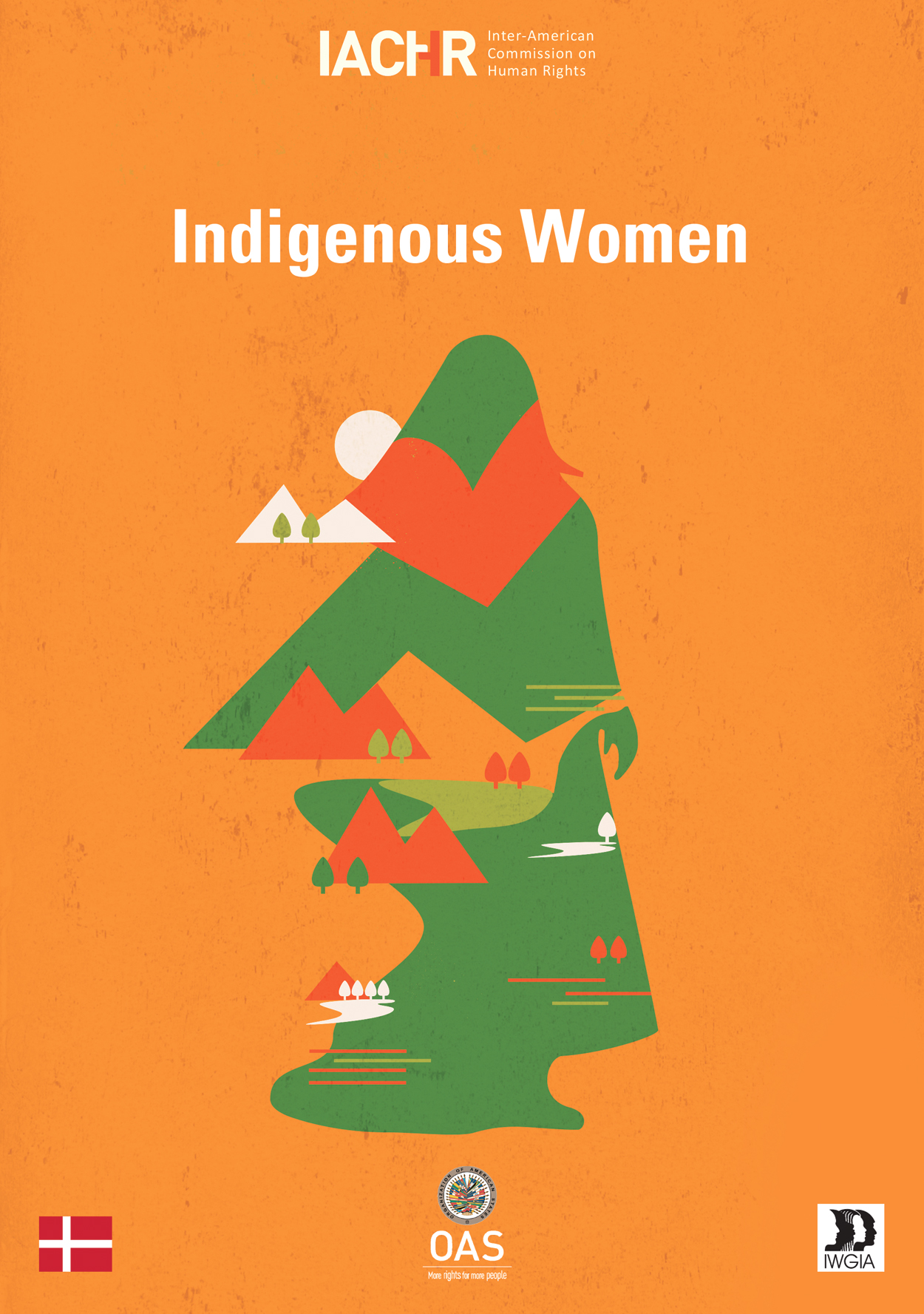 The Inter-American Commission on Human Rights (Inter-American Commission) has published an important new report, Indigenous Women and Their Human Rights in the Americas, based on information from indigenous women and leaders.
The Inter-American Commission on Human Rights (Inter-American Commission) has published an important new report, Indigenous Women and Their Human Rights in the Americas, based on information from indigenous women and leaders.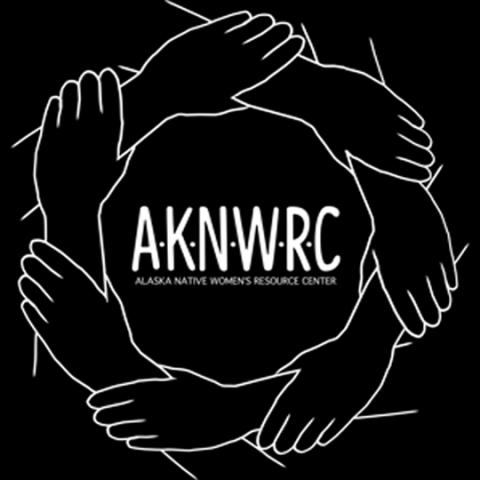
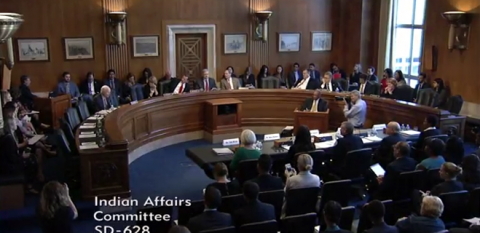
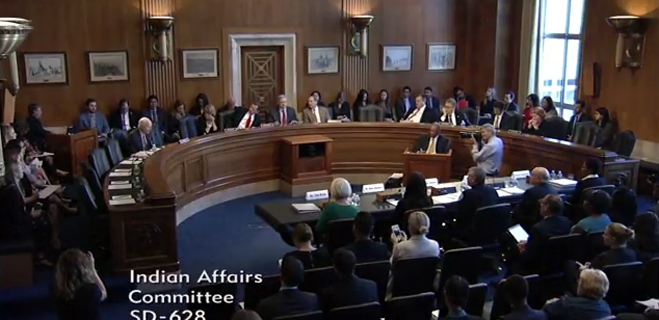 October 6, 2017 | The Senate Committee on Indian Affairs held an oversight hearing: “The GAO Reports on Human Trafficking of American Indian and Alaska Natives in the United States” on September 27, 2017 to examine two separate reports published by the General Accountability Office in 2017.
October 6, 2017 | The Senate Committee on Indian Affairs held an oversight hearing: “The GAO Reports on Human Trafficking of American Indian and Alaska Natives in the United States” on September 27, 2017 to examine two separate reports published by the General Accountability Office in 2017.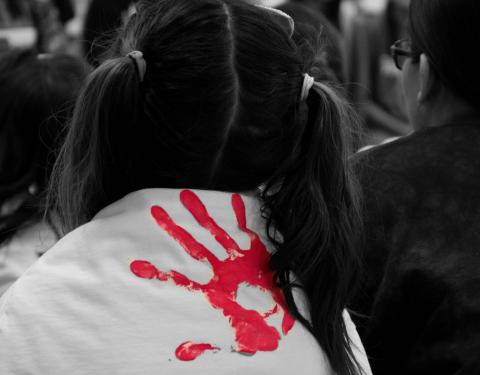
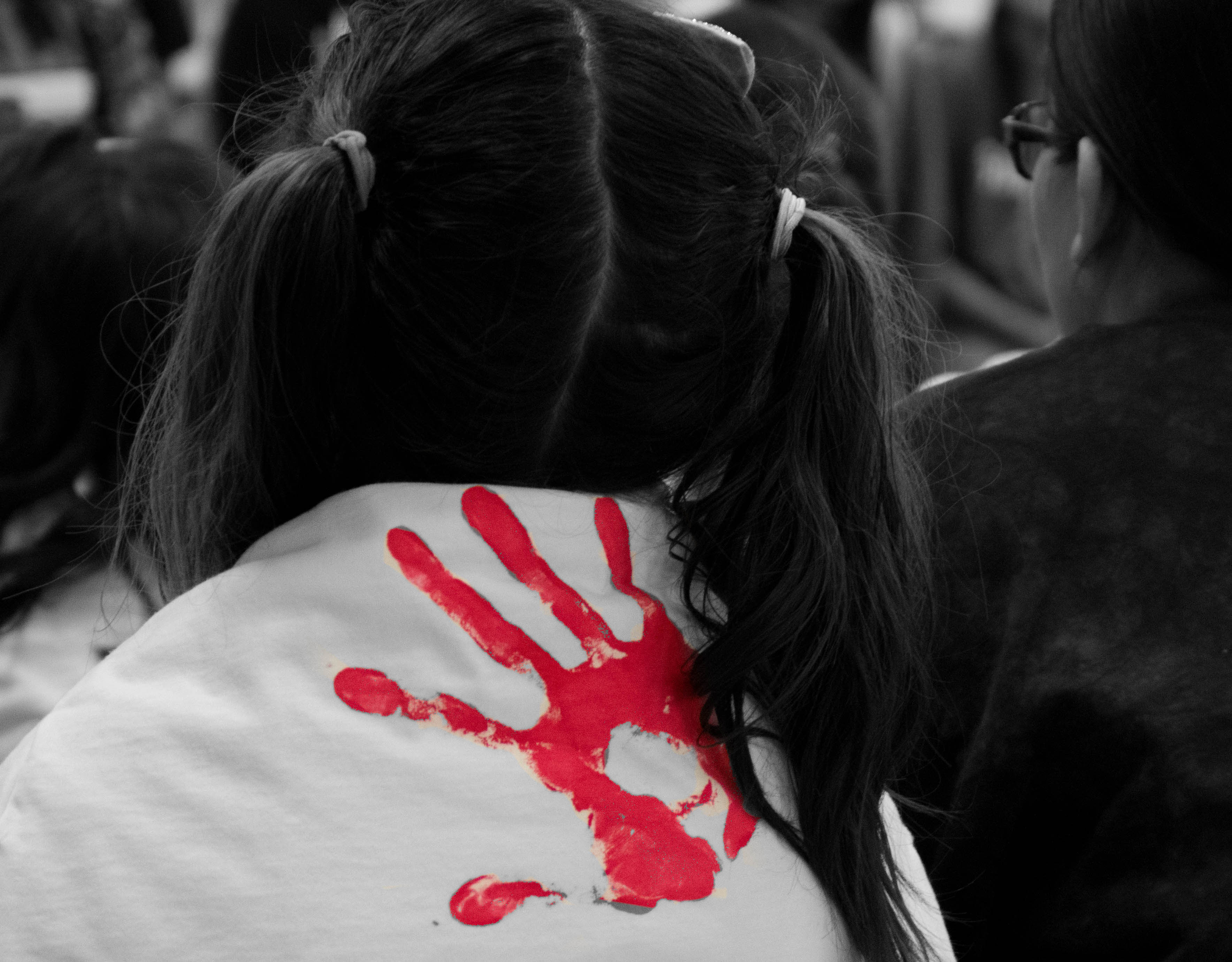 On July 5, 2013, Hanna Harris, a member of the Northern Cheyenne Tribe, was reported missing by her family in Lame Deer, Montana. Hanna’s body was not found for five days. She had been raped and murdered.
On July 5, 2013, Hanna Harris, a member of the Northern Cheyenne Tribe, was reported missing by her family in Lame Deer, Montana. Hanna’s body was not found for five days. She had been raped and murdered.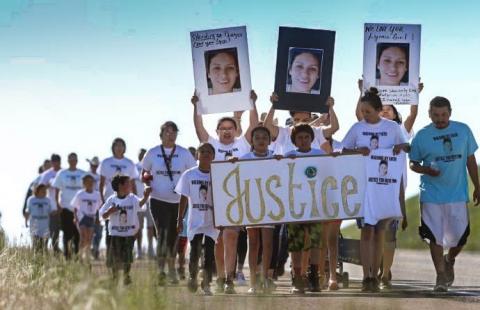
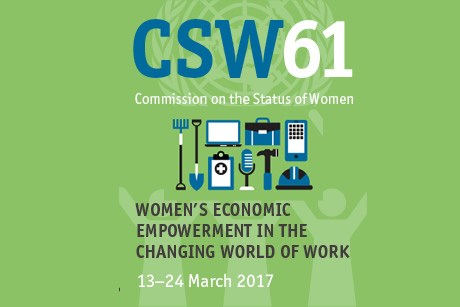
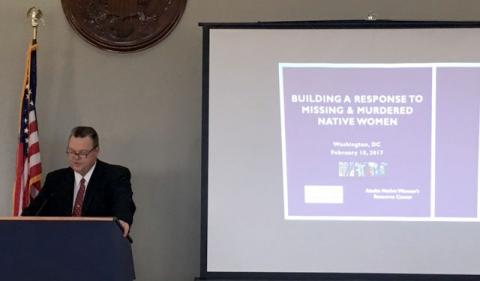
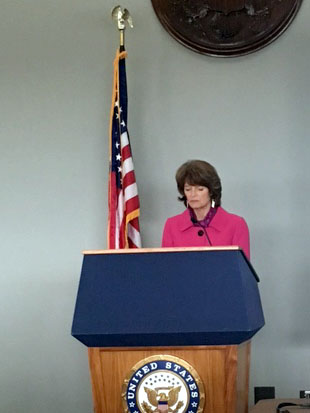 February 16, 2017 | Washington, D.C. — The reported rates of abduction and murder of American Indian and Alaska Native women and girls are alarming. However, Native women advocates say too often these terrible crimes are ignored by law enforcement and the media.
February 16, 2017 | Washington, D.C. — The reported rates of abduction and murder of American Indian and Alaska Native women and girls are alarming. However, Native women advocates say too often these terrible crimes are ignored by law enforcement and the media.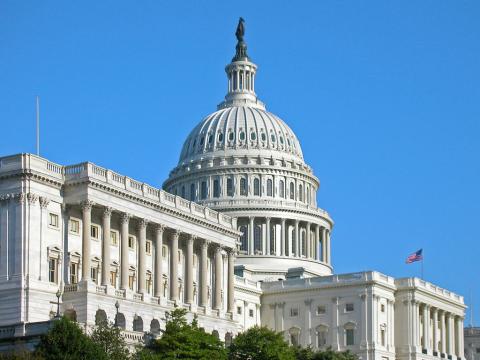
 February 13, 2017 | Washington, D.C. — The reported rates of abduction and murder of American Indian women and girls are alarming and represent one of the most severe aspects in the spectrum of violence committed against Native women.
February 13, 2017 | Washington, D.C. — The reported rates of abduction and murder of American Indian women and girls are alarming and represent one of the most severe aspects in the spectrum of violence committed against Native women.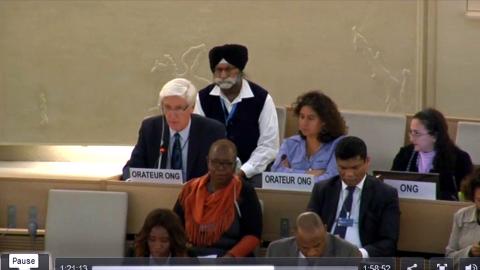
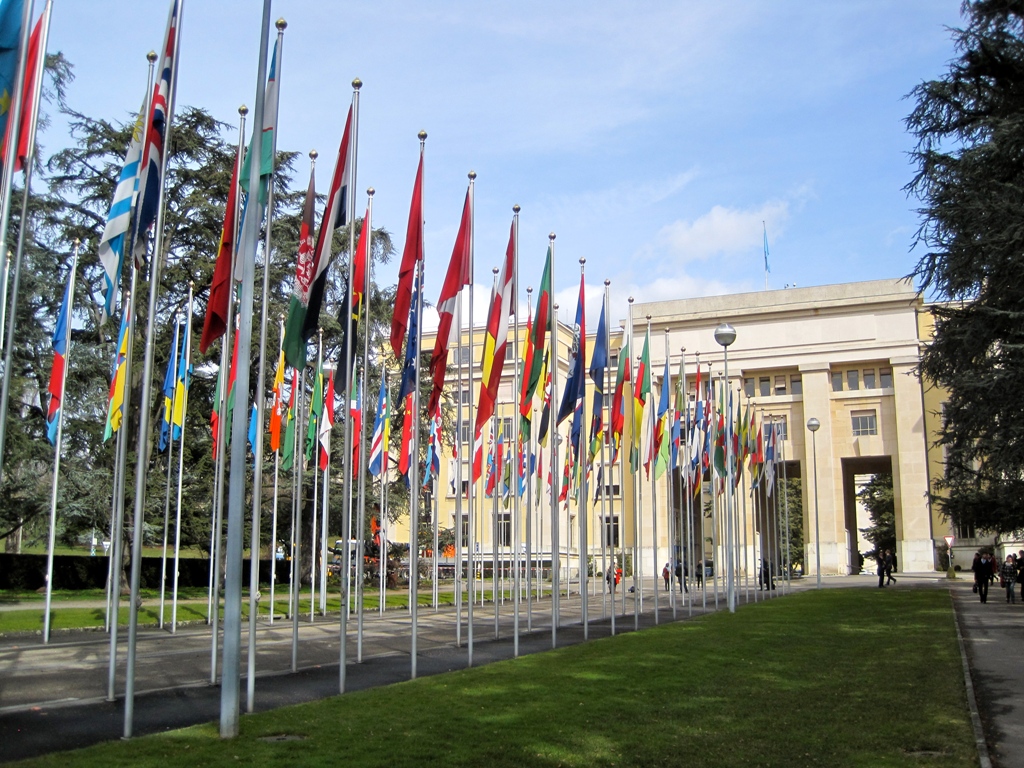 The UN Human Rights Council held its 33rd session on September 13-September 30 in Geneva, Switzerland.
The UN Human Rights Council held its 33rd session on September 13-September 30 in Geneva, Switzerland.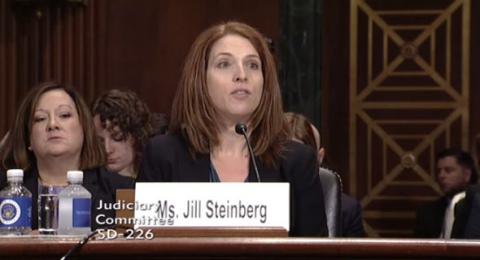
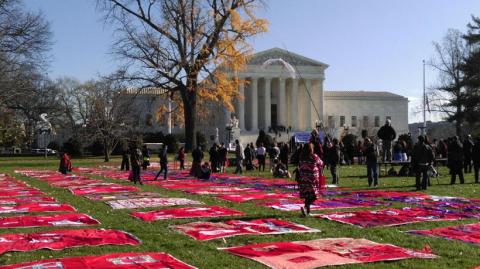
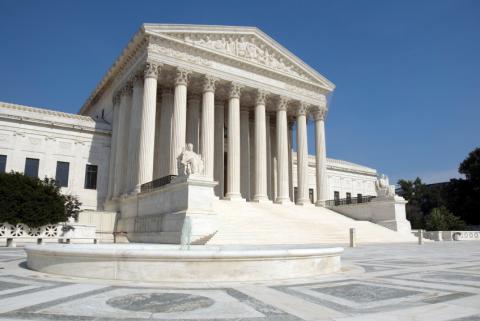
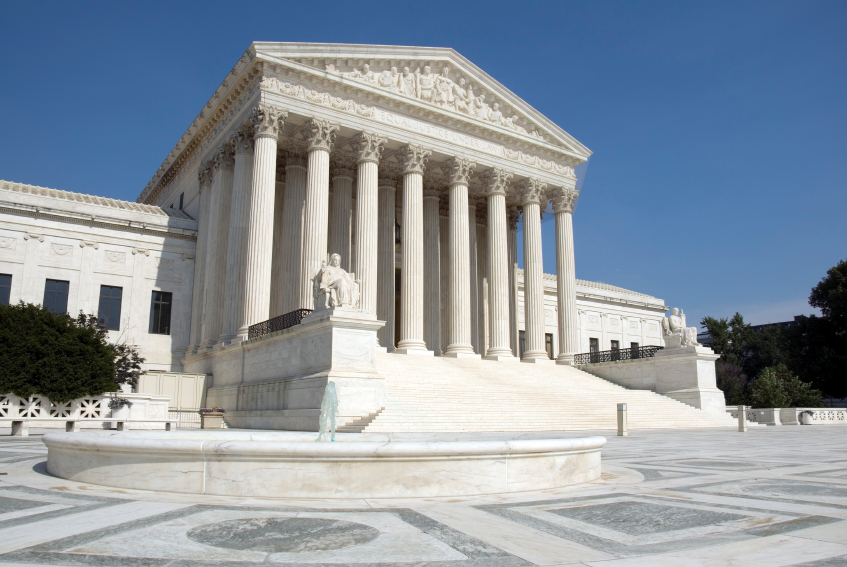 On June 13, 2016, the United States Supreme Court decided United States v. Bryant, 579 U.S. __ (2016), holding that uncounseled tribal court convictions that complied with the Indian Civil Rights Act of 1968 were valid as entered and could be used as predicate offenses in federal prosecutions under 18 U.S.C. § 117(a) without violating the Sixth Amendment.
On June 13, 2016, the United States Supreme Court decided United States v. Bryant, 579 U.S. __ (2016), holding that uncounseled tribal court convictions that complied with the Indian Civil Rights Act of 1968 were valid as entered and could be used as predicate offenses in federal prosecutions under 18 U.S.C. § 117(a) without violating the Sixth Amendment. 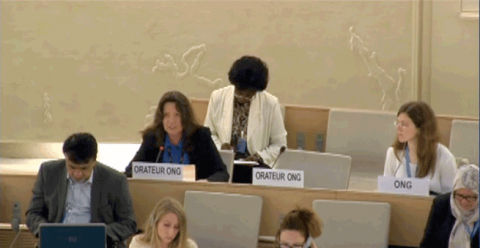
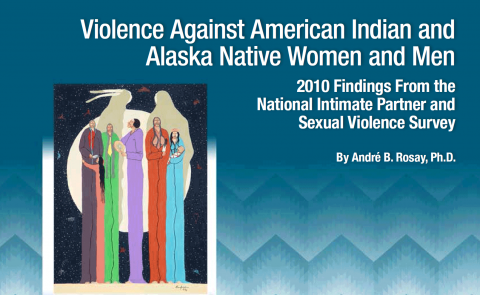
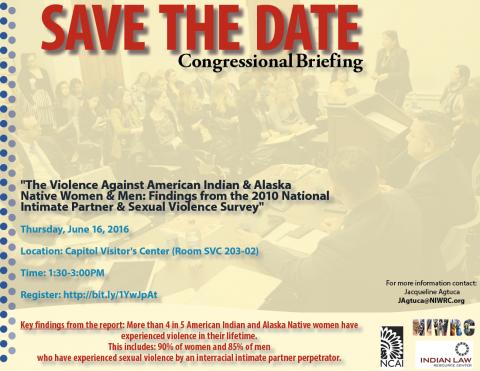
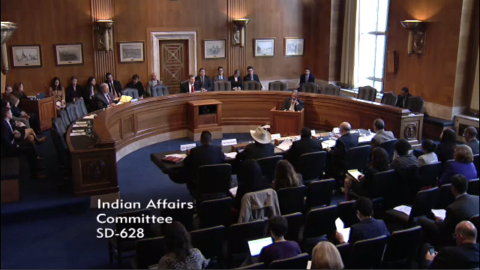
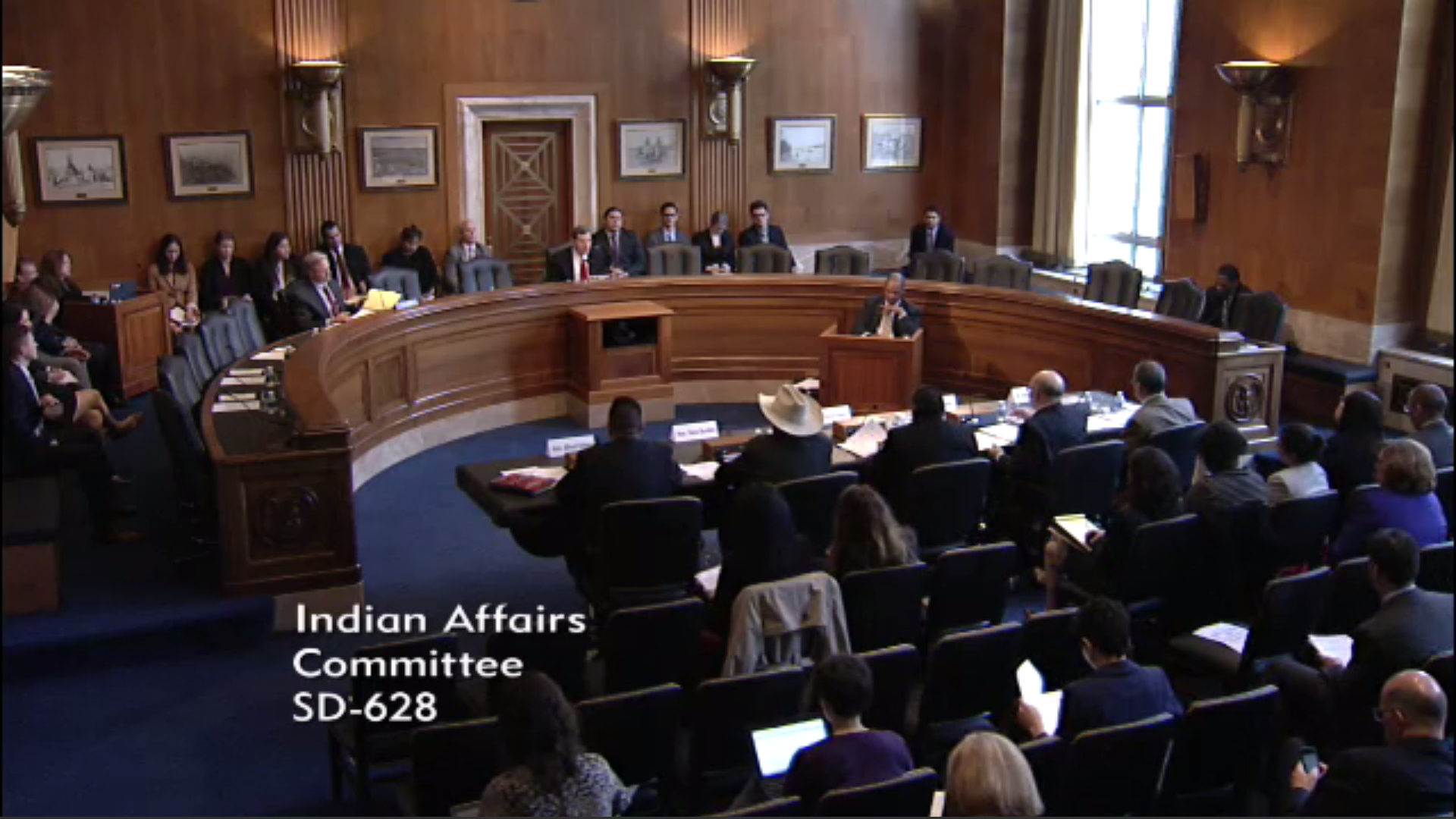 On Wednesday, May 18, 2016, the Senate Committee on Indian Affairs held a
On Wednesday, May 18, 2016, the Senate Committee on Indian Affairs held a 